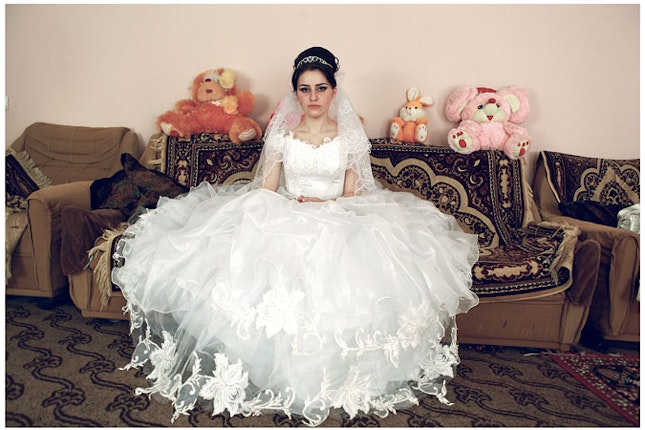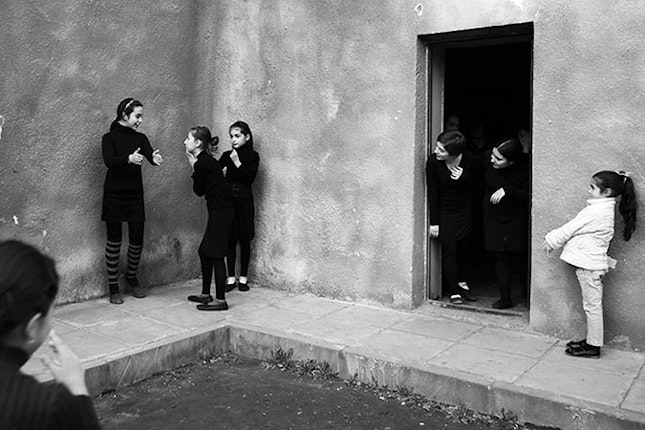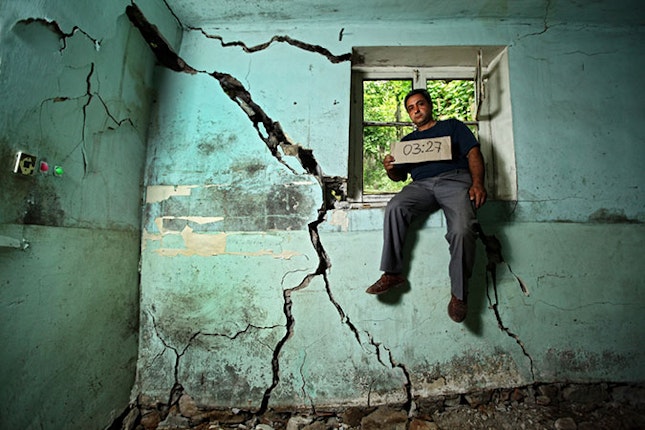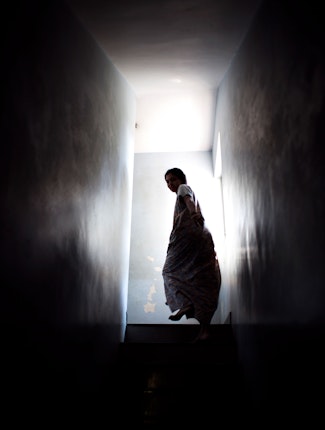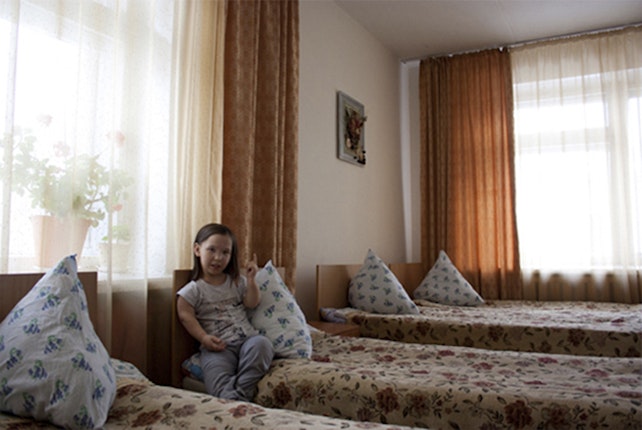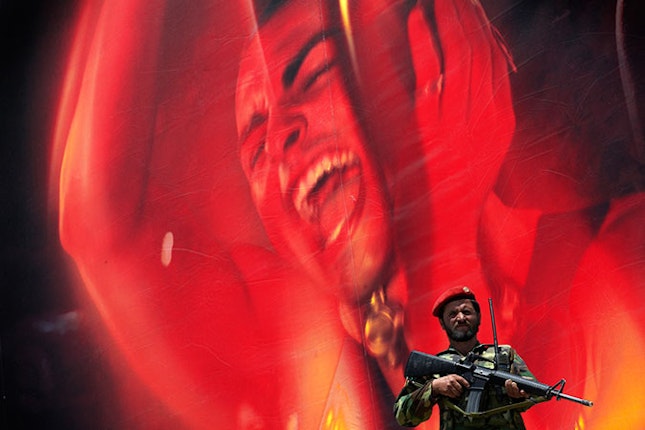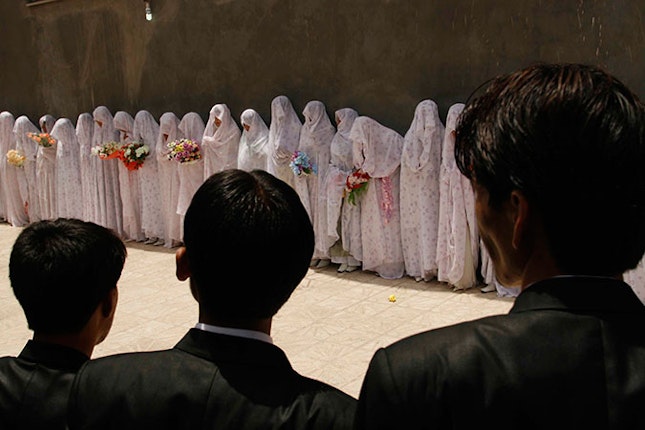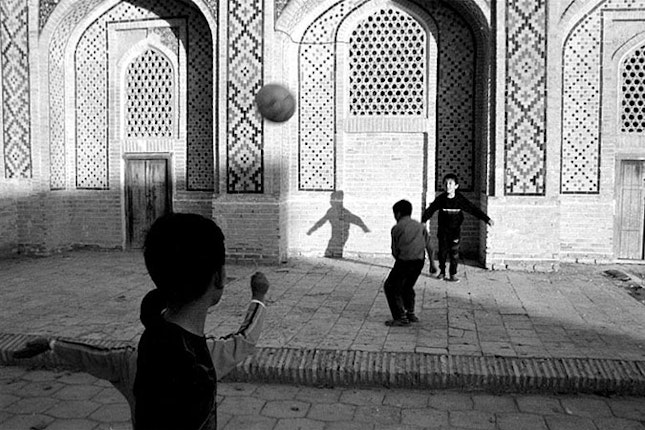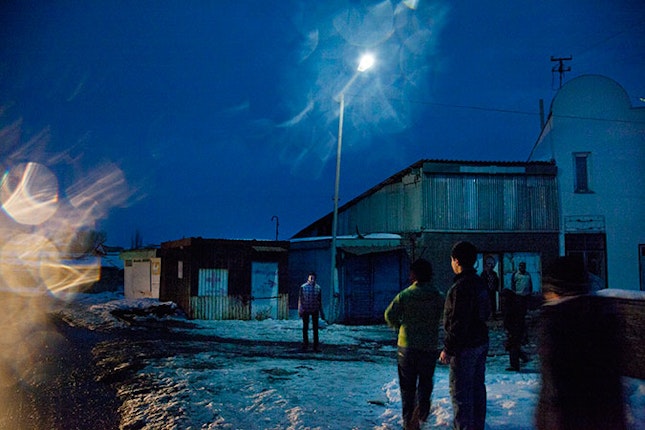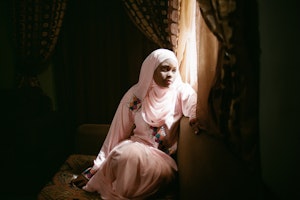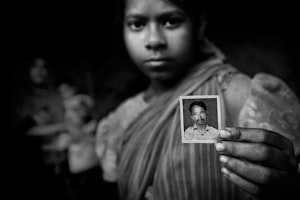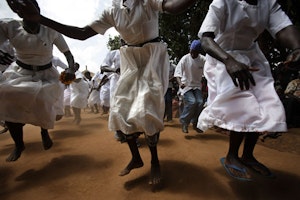Photographers from Central Eurasia to Document Human Rights Issues in Their Home Region
By Rachel Denber
The Open Society Documentary Photography Project is pleased to announce the winners of the 2012 Production Grant to Individual Photographers from Central Asia, the South Caucasus, Afghanistan, Mongolia, and Pakistan, which supports photographers to document a social justice or human rights issue in their home country or region. The grant program is co-sponsored with the Open Society Arts and Culture Program and includes a $3500 cash stipend; audio equipment and software; two advanced workshops with highly esteemed photographers Thomas Dworzak and Yuri Kozyrev, multi-media producer Adrian Kelterborn, and photo editor Andrei Polikanov; and ongoing mentoring.
The Documentary Photography Project’s Production Grant to Individual Photographers from Central Asia, the South Caucasus, Afghanistan, Mongolia and Pakistan was established to help local photographers tell the stories they find relevant and urgent within the region. The nine individuals who were awarded grants proposed projects devoted to groups who are vulnerable to predation, neglect, or intolerance.
The grantees were selected by a panel of experts including Bruni Burres (Senior Consultant, Documentary Film Program, Sundance Institute), Jessica Murray (Founding Director, Al-liquindoi Photography Workshops), and Rachel Denber (Deputy Director of Europe and Central Asia Division, Human Rights Watch). We asked Rachel Denber to share her thoughts on the significance of the selected projects within this region:
Since the end of the Soviet era, activists in Central Asia and the South Caucasus have created a human rights movement and worked extensively to document a wide range of abuses in this region in order to promote change. The collection of hard data and the use of the written word are essential instruments in this process. However, there is no substitute for the power of an image when telling either the story of human rights abuses or portraying the humanity as well as courage of those affected by violations and those who are fighting for change.
The images of human resilience and agency in the wake of war are more broadly relevant to the Central Asia South Caucasus region at large, which has been riven with armed conflict and political violence. For this reason, it is a privilege to be involved in the production grant, and it will be exciting to follow how this year’s projects develop as they document such significant stories over the next six months.
The 2012 grantees are: Fraidoon Poya (Afghanistan); Fardin Waezi (Afghanistan); Arthur Lumen Gevorgyan (Armenia); Inna Mkhitaryan (Armenia); Sitara Ibrahimova (Azerbaijan); Dina Oganova (Georgia); Daro Sulakauri (Georgia); Darya Komleva (Kazakhstan); and Elyor Nematov (Kyrgyzstan). Their projects are described below.
Inna Mkhitaryan’s project looks at the underlying economic, social, and psychological factors that give rise to human trafficking in Armenia and seeks to challenge the stigma against trafficking victims who are often blamed for their own plight.
Arthur Lumen Gevorgyan’s project on the human costs of landslides in Armenia addresses government negligence toward people who live in landslide zones. To help policy makers plan for and prevent disasters in the future, Gevorgyan will provide visual documentation detailing how people who live in landslide zones are affected.
Sitara Ibrahimova’s project will call attention to the practice of selective abortions of girl fetuses in Azerbaijan, which reflects a prevalence of gender inequality and discrimination against girls and women that persists in much of the region.
Elyor Nematov’s project focuses on the severe living and working conditions that migrant laborers from Kyrgyzstan face when they seek better economic opportunities in Russia.
Dina Oganova’s project on Roma communities in Georgia will portray the everyday life of Roma women with the goal of dispelling stereotypes about, and intolerance for, the Roma community.
Daro Sulakauri’s study of the Samtske-Javakheti region of Georgia will look at both the ethnic Armenian and Georgian communities of this historically isolated, tense area.
Darya Komleva’s project seeks to challenge stereotypes of people with disabilities in Kazakhstan by profiling the daily lives of children with disabilities and their families, as well as their experiences with alternative education programs.
Fraidoon Poya will address the rampant problem of suicide through self-immolation in Afghanistan. An issue that is well known but considered taboo, this project will allow for a more complete understanding of why women attempt suicide in this region and what happens to them after so as to prompt much-needed dialogue and change.
Fardin Waezi’s project will portray the resilience of Afghan civilians after decades of war by providing a unique view into the varied experiences of people in Afghanistan.
Rachel Denber is the deputy director of the Europe and Central Asia Division at Human Rights Watch.
